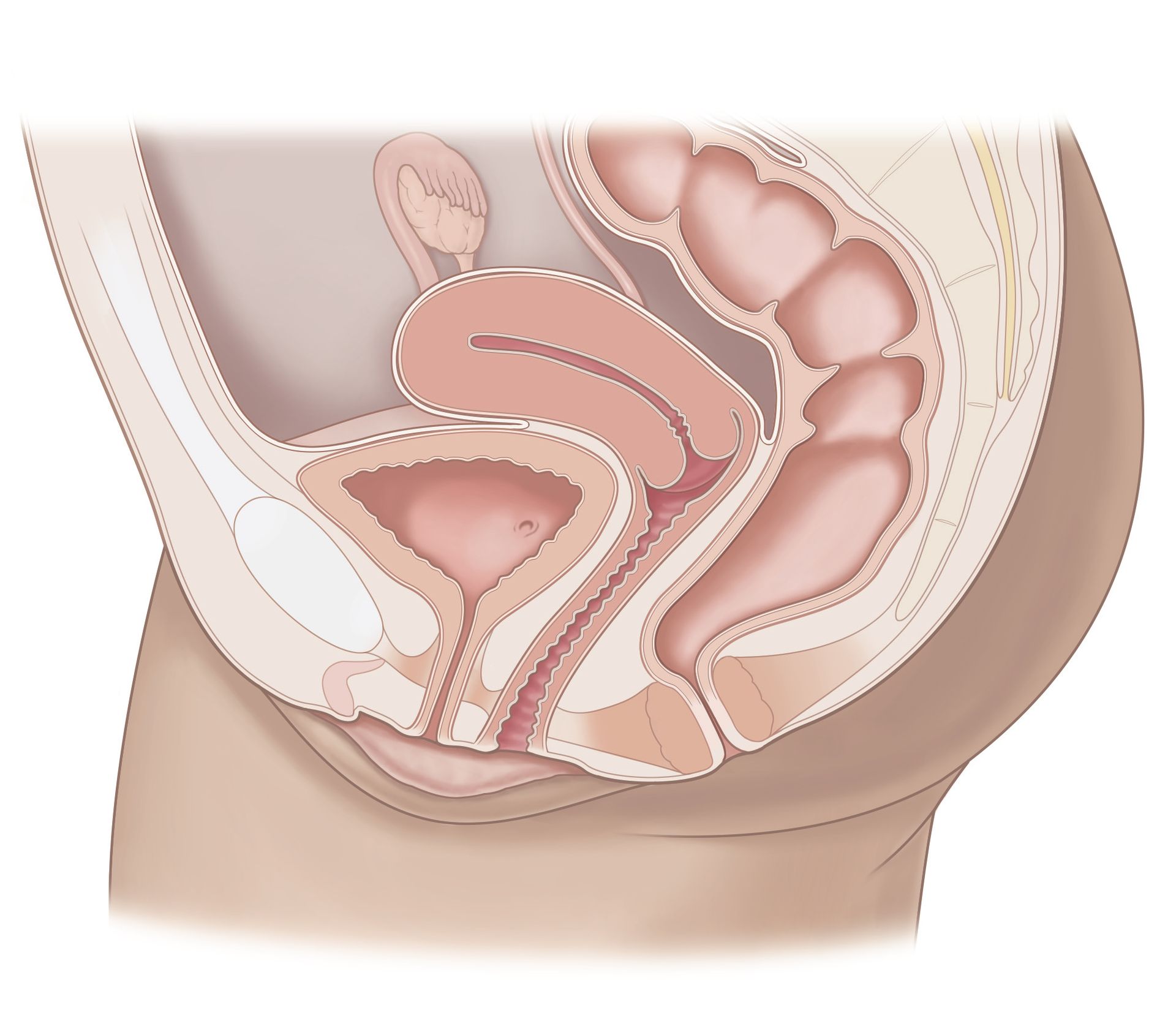
Preventing Chronic Disease in Your 20s and 30s: A Healthier Future Starts Now
As women, we often focus on the present—whether it’s managing our busy schedules, staying fit, or looking after our mental well-being. But taking proactive steps to set ourselves up for a healthier future is equally important. Establishing habits now can help prevent chronic disease and promote long-term health. Here are a few key practices women in their 20s and 30s should consider for better health today and tomorrow.
Start with Bloodwork: Understand Your Health
The first step to long-term health is gaining a clear understanding of your current health. Comprehensive bloodwork is an essential tool for assessing your overall health and identifying areas that may need attention. Rather than waiting for issues to arise, proactive testing provides a clear picture of your current health and potential risks.
At Almond, we offer Baseline, a health platform designed specifically for women. It provides comprehensive bloodwork and hormone analysis, testing over 35 essential biomarkers tailored to female health needs. Once you receive your lab results, you'll get a personalized analysis from an integrative OB-GYN who will explain the findings and offer actionable insights for improving your health.
By discussing your results with a specialized provider, you can make informed lifestyle changes that promote lasting wellness. With Almond OB-GYN, you’ll receive the personalized care and attention necessary to address all your health questions and set you on a path to long-term health.
Prioritize Protein: A Key to Longevity
A healthy diet is crucial in maintaining wellness throughout your life, and one essential nutrient for women is protein. Aim to consume at least 1 gram of protein per kilogram of body weight each day. This helps regulate metabolism, supports fertility, and lays the foundation for strong bones and muscles.
High-protein foods, such as fish, tofu, and legumes, are excellent choices for supporting overall health. Protein helps curb hunger, making it easier to manage sugar cravings and maintain a healthy weight. A recent
study by researchers from Harvard T.H. Chan School of Public Health and Tufts University suggests that women who consume more plant-based protein in midlife may increase their chances of aging healthily. By prioritizing protein in your diet, you’re not only meeting your nutritional needs but also promoting healthier aging.
Almond offers a one on one health coach program, with a clinical team that will hold an initial assessment to better understand your goals, lifestyle, and health history. You will then work with the health coach to create a personalized plan for you, built custom to your needs.
Stay Active Every Day
Regular physical activity is crucial for maintaining health throughout your life. Aim to move your body every day, whether it's through a brisk walk, yoga, or a workout.
Studies show that walking around 7,000 steps daily is particularly beneficial for women, as it’s linked to a significantly lower risk of premature mortality compared to fewer steps. This finding highlights that even moderate daily activity can offer substantial health benefits, especially for middle-aged women across different ethnicities.
Being active also helps regulate hormones and can prevent many chronic conditions, such as heart disease and diabetes. Whether it’s a morning walk or an afternoon workout, the key is consistency. Prioritize movement every day to promote long-term health.
Wear Sunscreen Every Day
It's never too early to start protecting your skin from the sun. Sunscreen is a simple yet powerful habit to prevent premature aging and reduce the risk of skin cancer. UV rays can damage your skin even on cloudy days, so it's important to wear sunscreen daily, espcially on your face, neck, and hands.
Choose a sunscreen with broad-spectrum protection against both UVA and UVB rays and a minimum of SPF 30. Making this a non-negotiable part of your routine today can have long-lasting benefits for your skin health in the future.
Take Charge of Your Health Today
By taking small, proactive steps now, you can significantly reduce the risk of chronic diseases later in life. Start by understanding your body’s unique needs through personalized bloodwork at Almond OB-GYN, prioritize protein in your diet, commit to daily physical activity, and protect your skin with sunscreen.
Building these habits early in life sets you up for a future of vitality and wellness. Don't wait for health issues to arise—take action now to ensure you’re in control of your health for the years to come. Your future self will thank you for making these small but impactful changes today.



Don’t just get seen, get taken care of.
Questions? Call or book an Intro Call with a member of our team.
© 2024 All Rights Reserved
Almond
